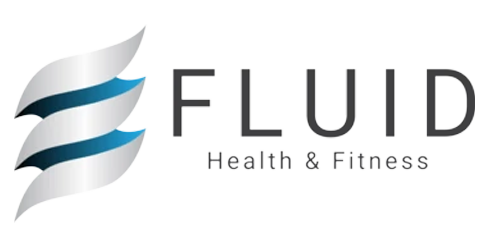Mar 23 , 2021
0 Comments
Water and Electrolytes
This week, we will be addressing water (our body’s most essential nutrient) and another closely related topic, electrolytes.
You will see that water has its own separate section on the Fit Plate handout and it should be considered its own food group. Water, being the most essential nutrient, is in every cell, tissue, and organ of your body. Water helps your body with the following activities:
- Keeps the temperature normal
- Lubricates and cushions your joints
- Protects your spinal cord and other sensitive tissues
- Gets rid of wastes through urination, perspiration, and bowel movements – detoxification
Electrolytes are minerals that, when dissolved in water, break into small, electrically charged particles called ions. Present wherever there's water in your body, electrolytes regulate your body's fluids, help to maintain a healthy blood pH balance, and create the electrical impulses essential to all aspects of physical activity -- from basic cell function to complex neuromuscular interactions needed for athletic performance.
Different electrolytes include:
- Sodium and Chloride – assist in “exciting” nerves/muscles
- Calcium - aids muscle contraction
- Magnesium - aids healthy cell function
- Potassium and Phosphate - help regulate pH balance
How much water do we need? ½ of your body weight (in lbs) in ounces + 1 ½ ounce for each 1 ounce of diuretic (soda, caffeine, wine, juice)
Good ways to get minerals:
- Sea salt on your food or in your water
- Organic vegetables and fruits (make ½ your plate at lunch and dinner vegetables and get at least 1 ½ cups of fruit daily)
- Organic rice water (distilled water with a pinch of rice in it)
- Nuts and seeds
- Coconut water
Daily recommendations vary from mineral to mineral, but as long as you are following the Fit Plate guidelines and eating a balanced diet, you should be getting adequate electrolytes and other minerals.
To recap, it is essential that we adequately hydrate ourselves with plenty of pure water and an adequate amount of the electrolytes through our food/beverage supply. Also, if our training/activity habits require it, additional supplementation, but not in the form of sugar electrolyte drinks.
